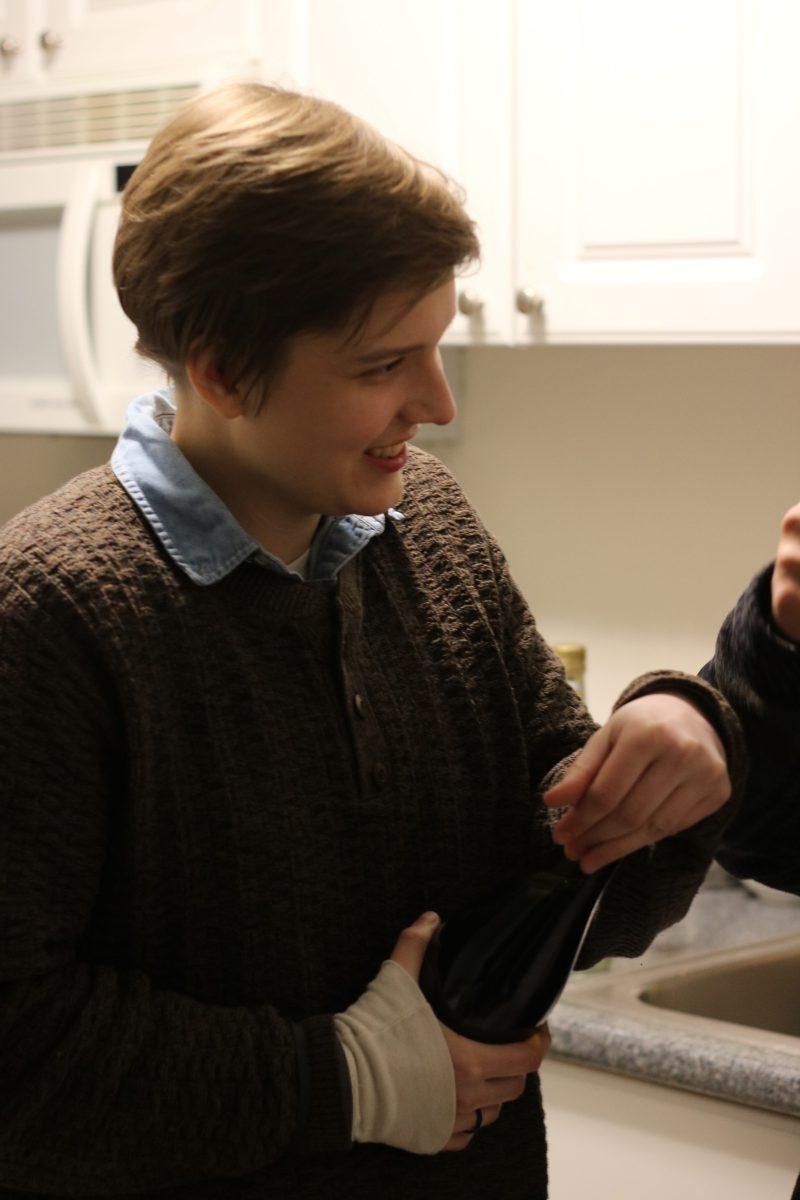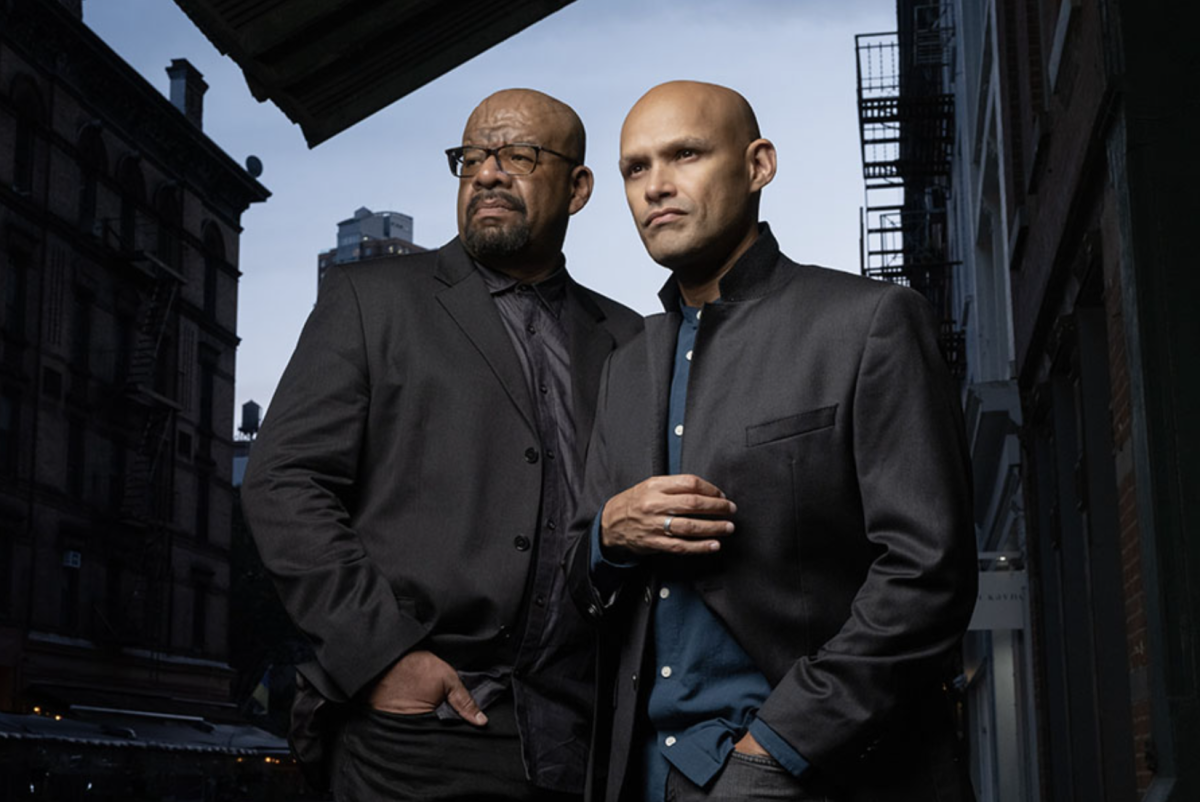Most theses turned in on April 21 were of the paper-and-ink variety, but Audrey Stevens ’17, The Wellesley News’s Photo Editor, submitted a half-hour long film as the sole thesising Cinema and Media Studies Production major. The original short film details the last day of a woman struggling with depression and suicidal thoughts. Titled “Escape from Reason,” the film draws inspiration from Stevens’s own experiences and Leo Tolstoy’s novel, “Anna Karenina,” allowing viewers into an intimate and completely unromanticized look at female mental health.
Stevens began working on the project in June 2016, and served as producer, writer, editor and director of photography. Using primarily medium to close-up shots and long takes, she aims to give audiences a brutally honest view of depression. Paige, the film’s main character, is portrayed by Boston-based actress Shea Whitehead, who joined the project in October 2016 and helped develop the story with Stevens through organic conversation of their shared experiences. Many shots focus on Paige’s hands and feet, suggesting the serious effect society’s expectations have on mental health, anxiety and depression. Though the film takes place through a single day, the audience sees the main character experience a multitude of emotions, stemming from the constant uncertainty and loneliness, even as she completes the most mundane of tasks. Even so, Stevens insists that this is a film that must be re-watched to catch significant details that flew by in the first viewing. In this she emulates the retrospection others partake in after a suicide. Stevens draws inspiration from numerous artists, but she finds the works of French New Wave director Jean-Luc Godard (“Breathless,” “Contempt”) and three-time Academy Award-winning cinematographer Emmanuel Lubezki (“Gravity,” “Birdman,” “The Revenant”) particularly relevant to “Escape from Reason.” But more than anything, Stevens sees “Escape from Reason” as a “personal challenge,” technically and emotionally. She continued, “watching this, it makes me realize why I love…everything that goes into it so much because of what it does to you, and what it does to me. It’s made me realize why I went into this industry, why I’m still in it and what I want to bring to it in the future.” The film can be viewed this Friday, May 5, starting at 4 p.m. in Pendleton West 001 as a part of Ratiocination: A Senior Thesis Exhibit.
Though Stevens’s ultimate goal is to be the first woman awarded an Oscar for Cinematography, she did not intend to pursue film production when she matriculated at Wellesley. Originally set on the law track, she, a third-generation photographer, realized that her happiness lay in photography and eventually film. But her journey as a female in a male-driven world has not been without difficulty. She says, “there is definitely this idea that film is a boy’s club.” She continues to say that she “[sees] the lack of women in the more production side of things, so in sound, grip and electric, which is lighting and camera.” The most important piece of advice that Stevens has received is “never take anything personally and just keep going.”
Nevertheless, Stevens’s love for filmmaking surpasses the difficulty of navigating a male-dominated profession. “Film is this different reality that we can enter,” she says when asked about her philosophy on film. To her, “keeping it as raw and real as possible…is extremely important.”




